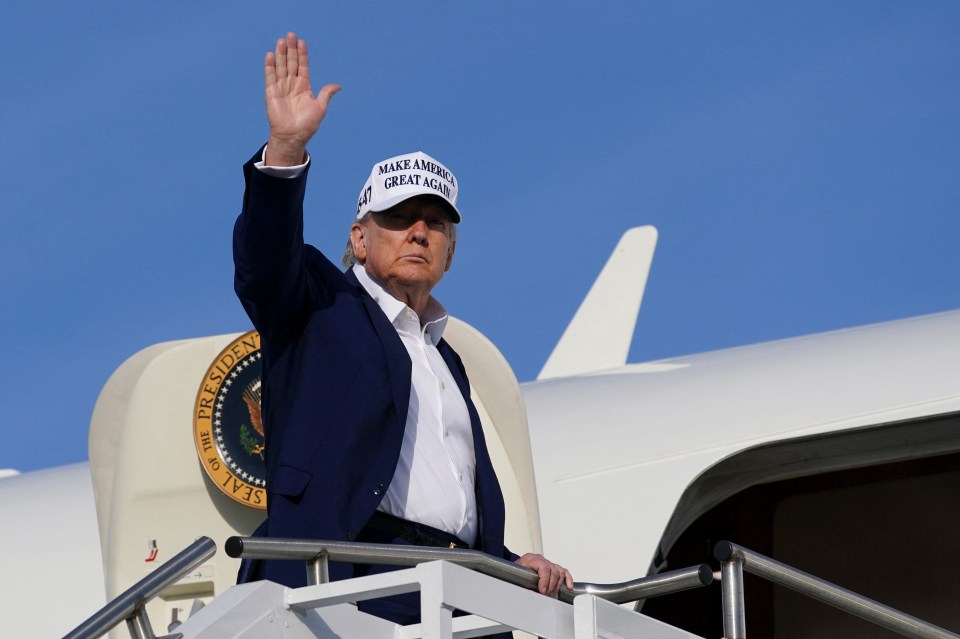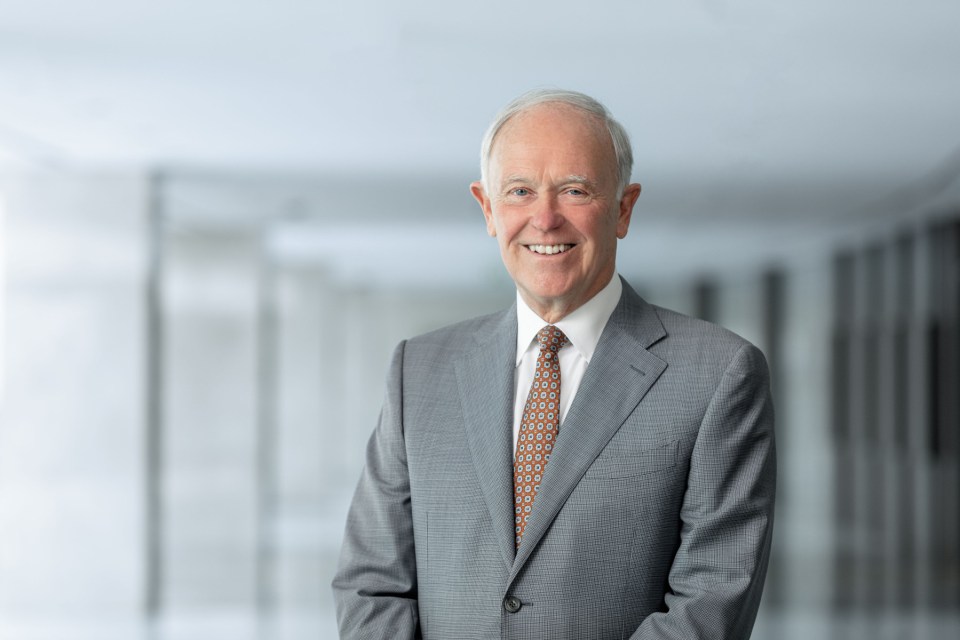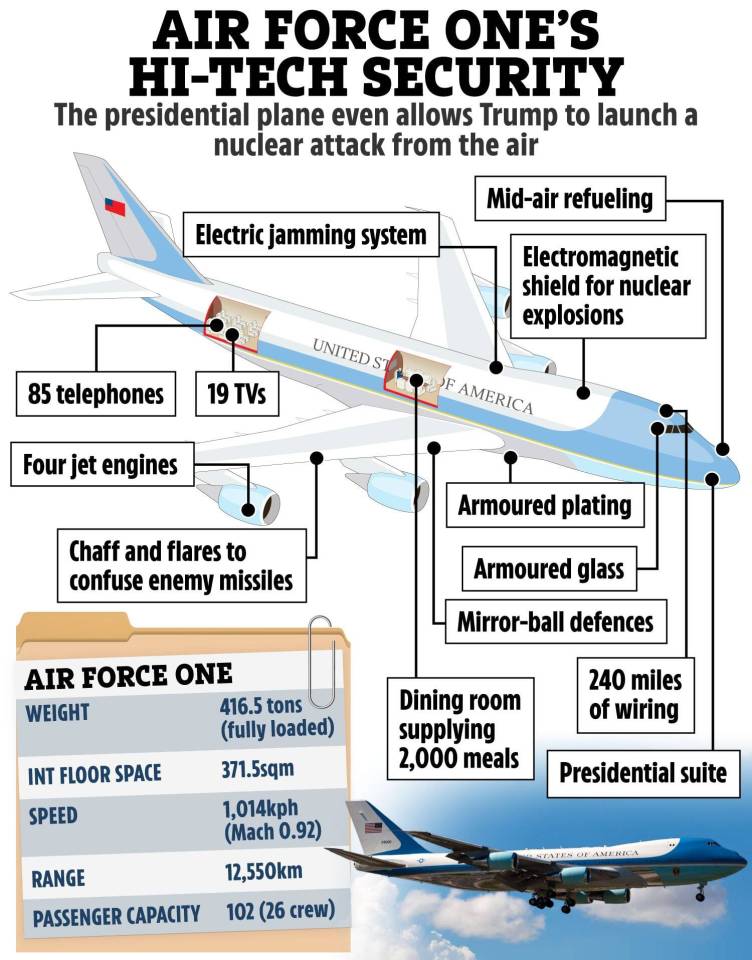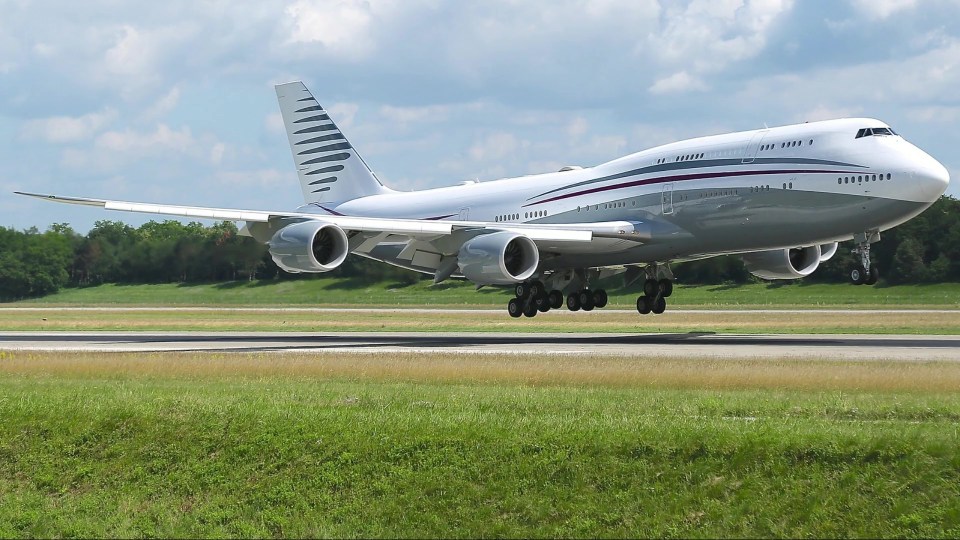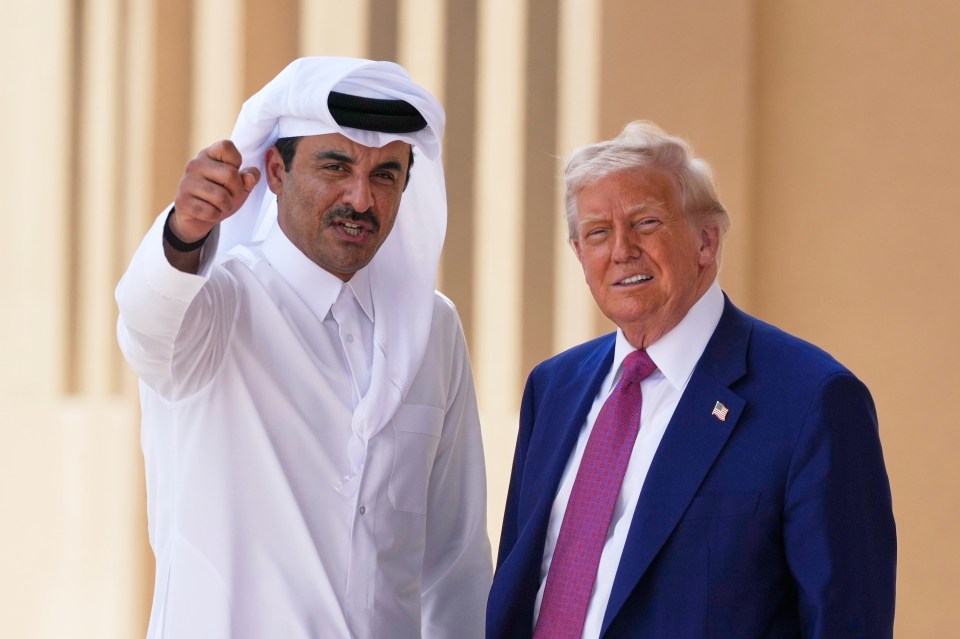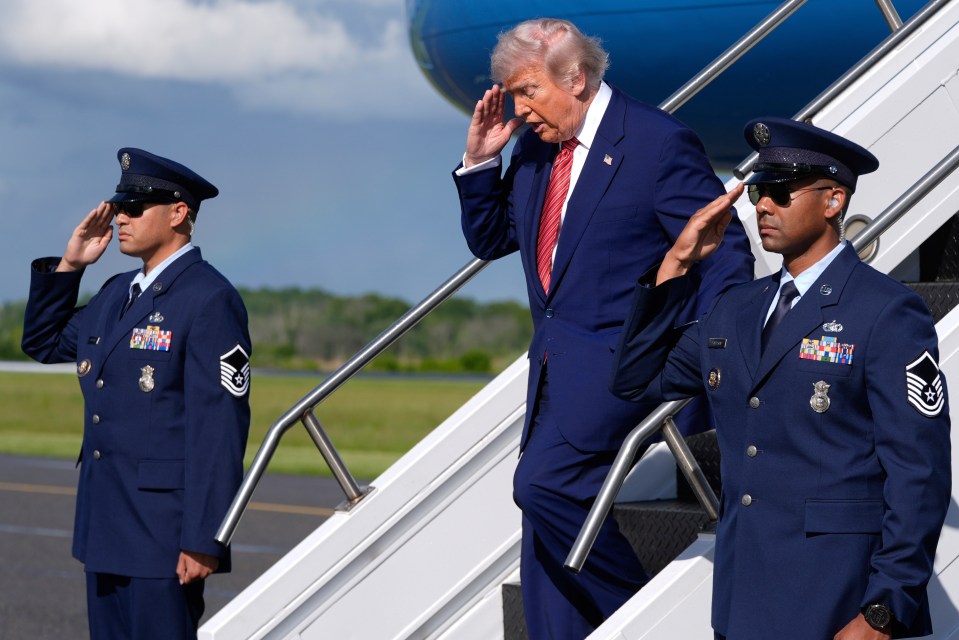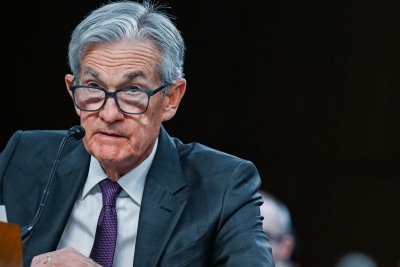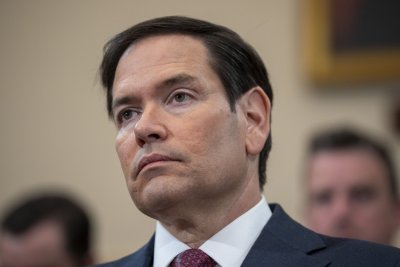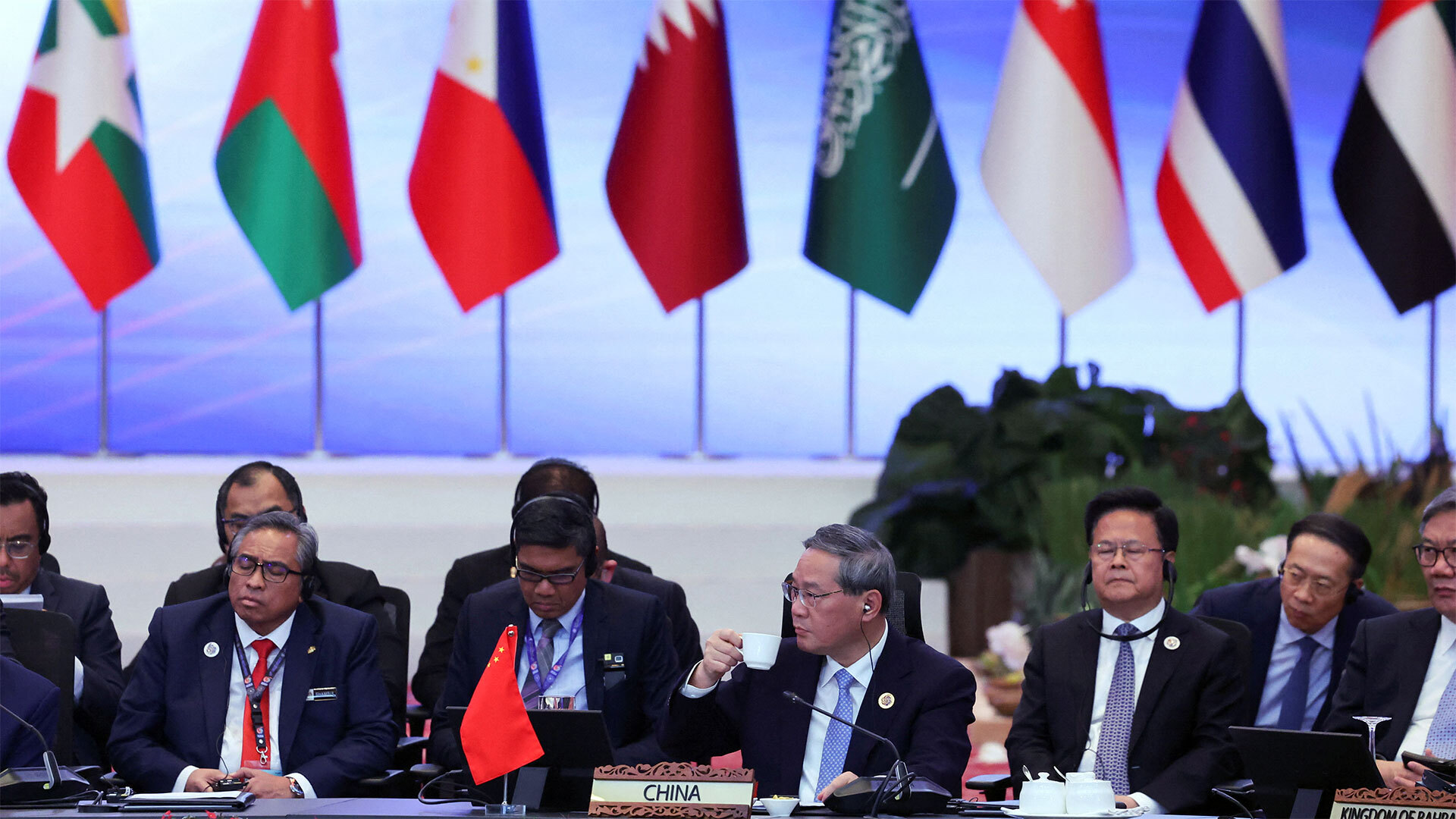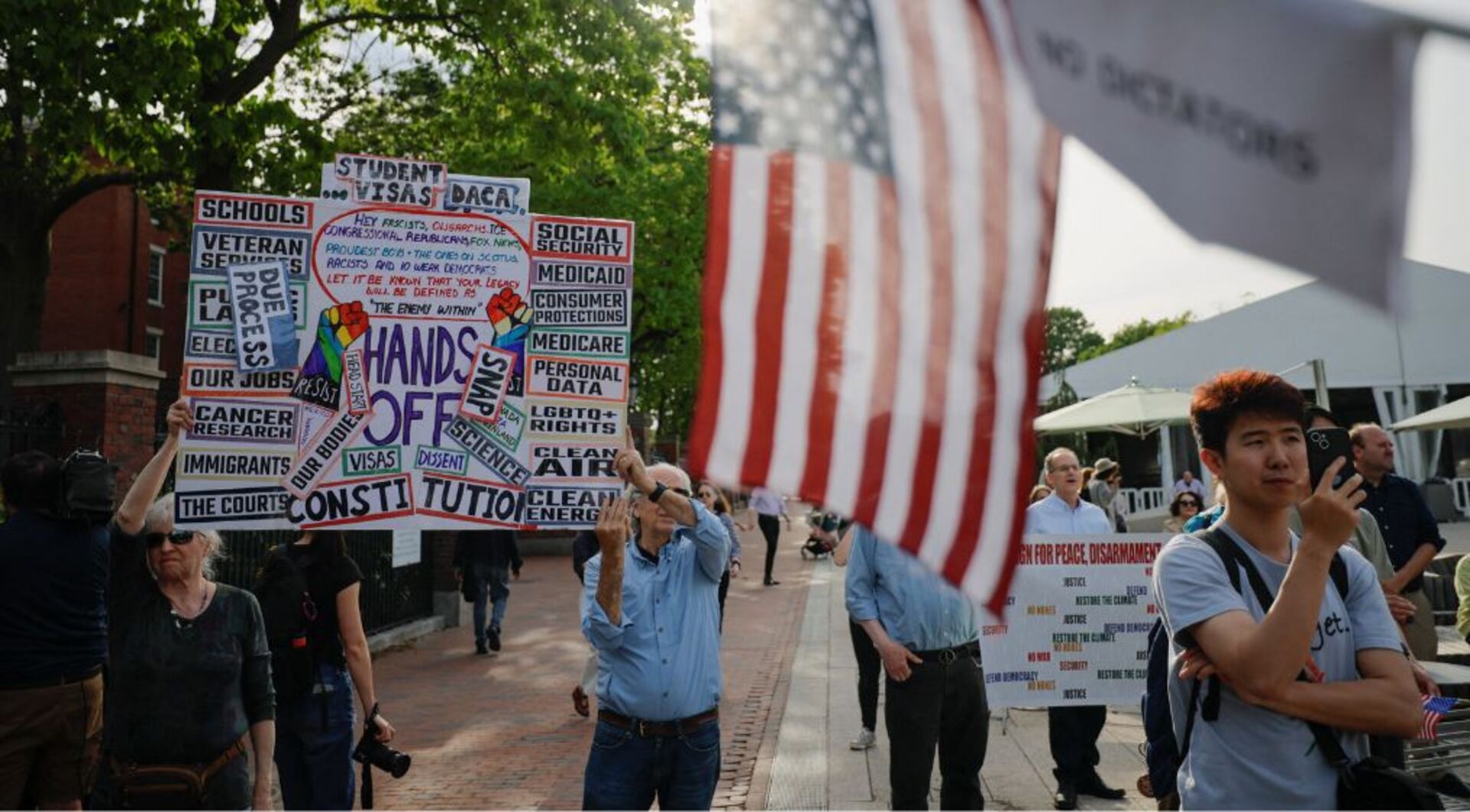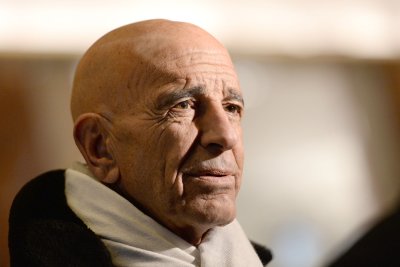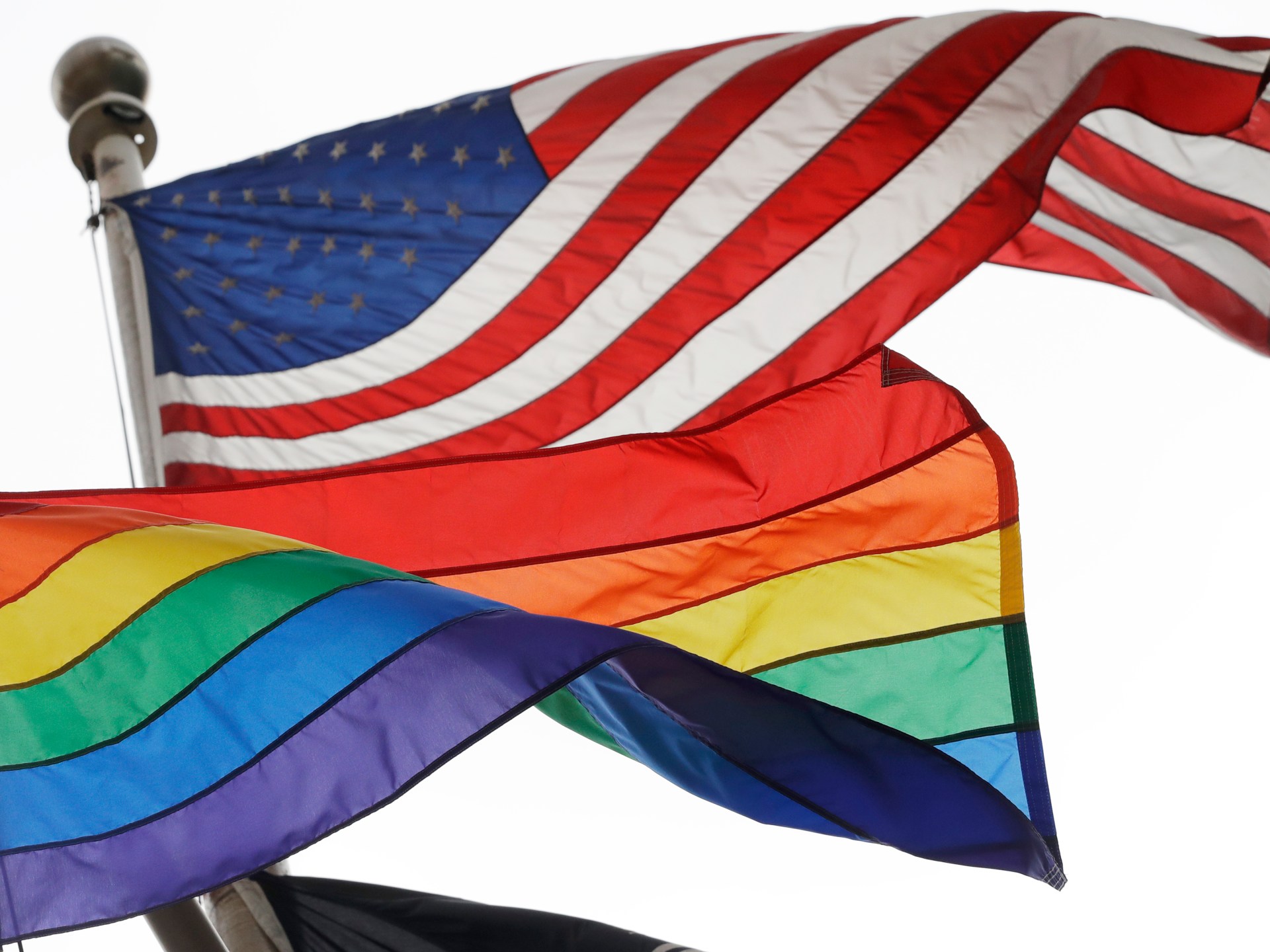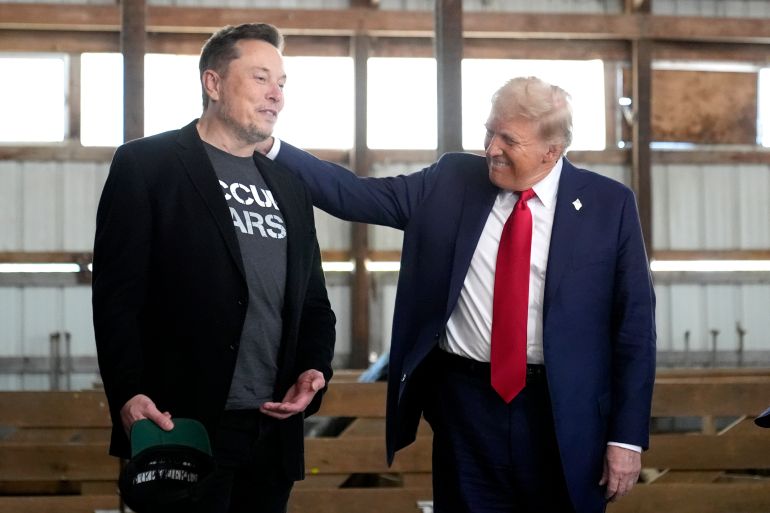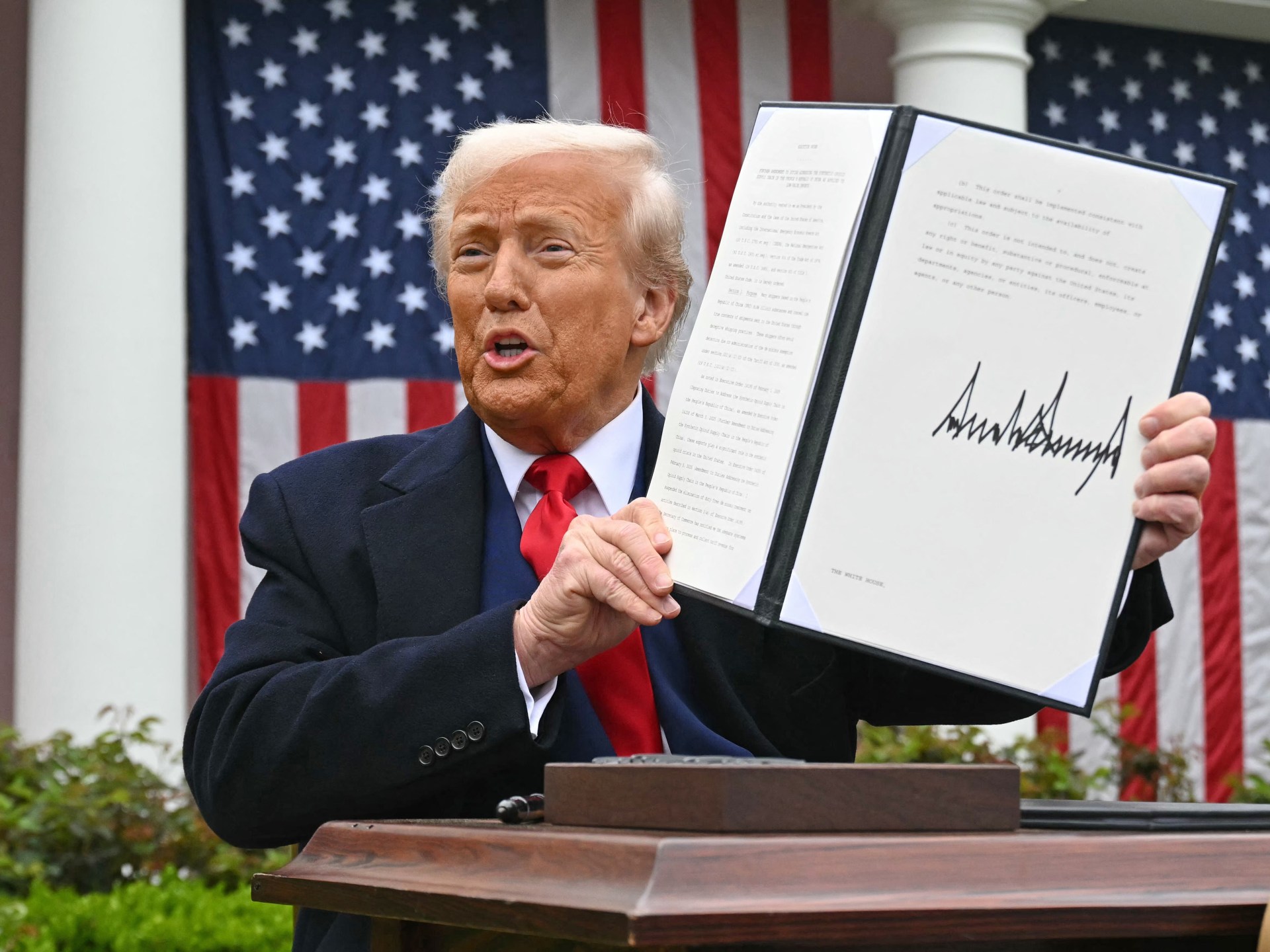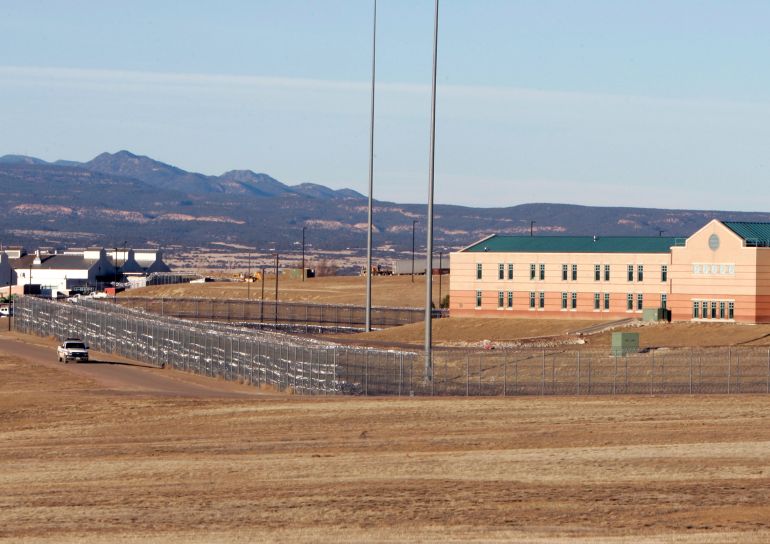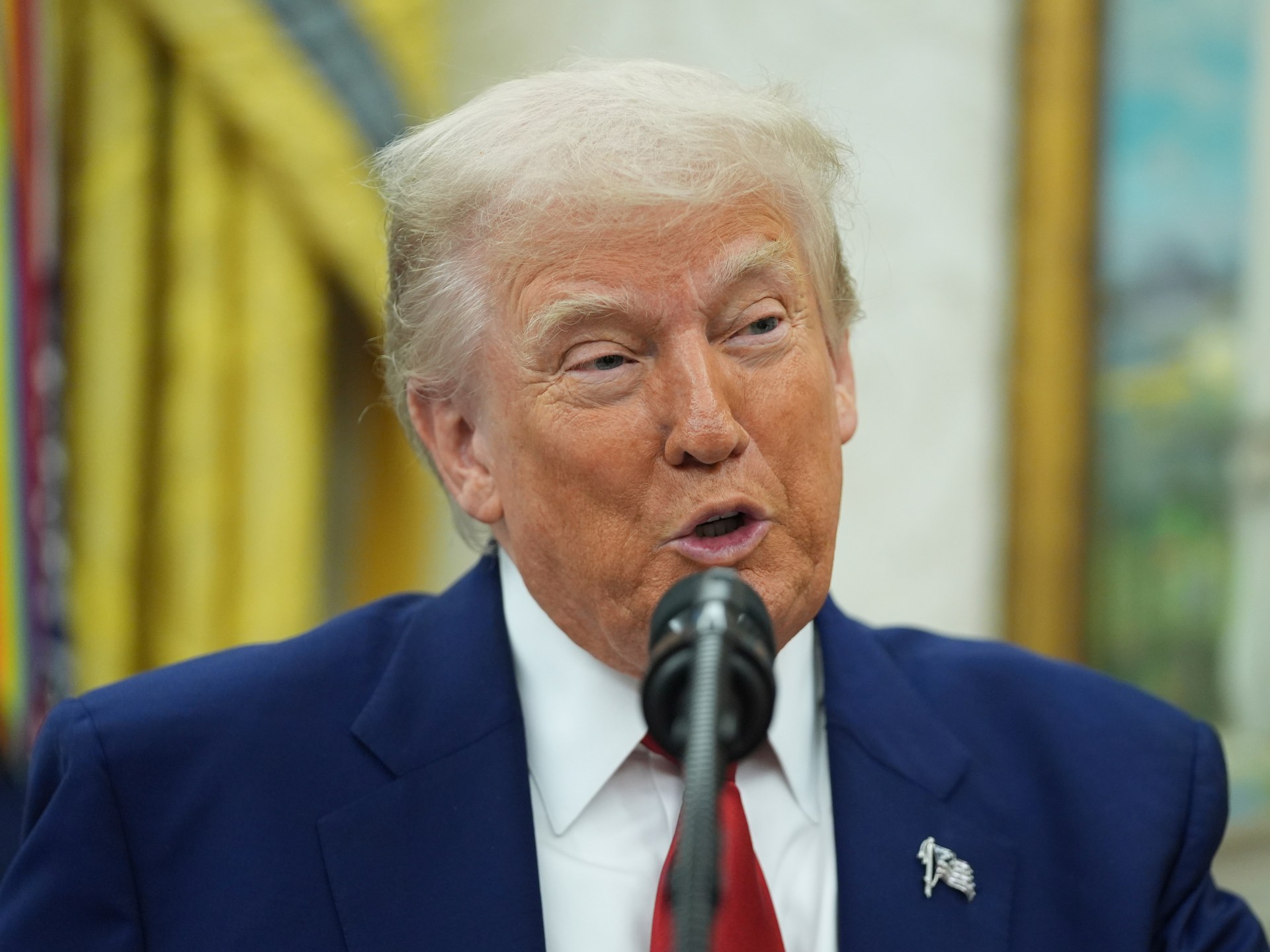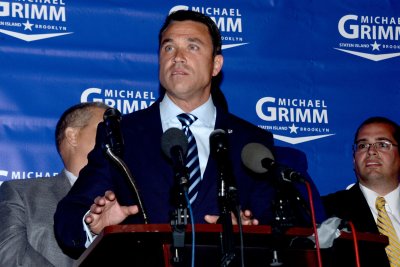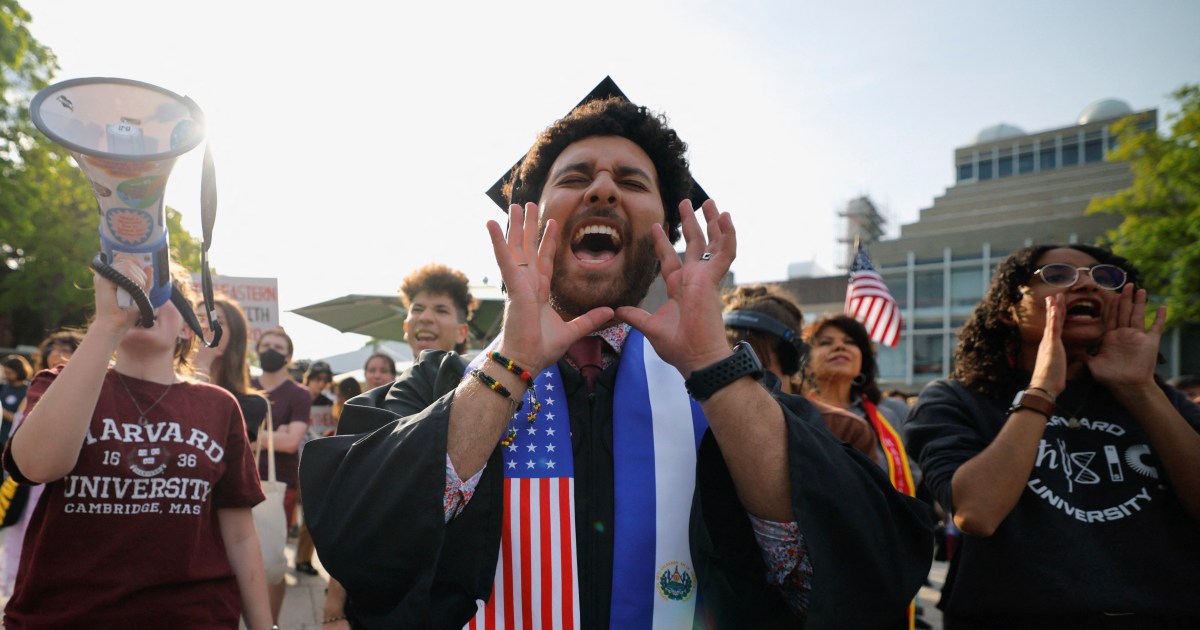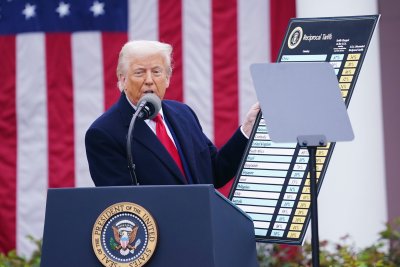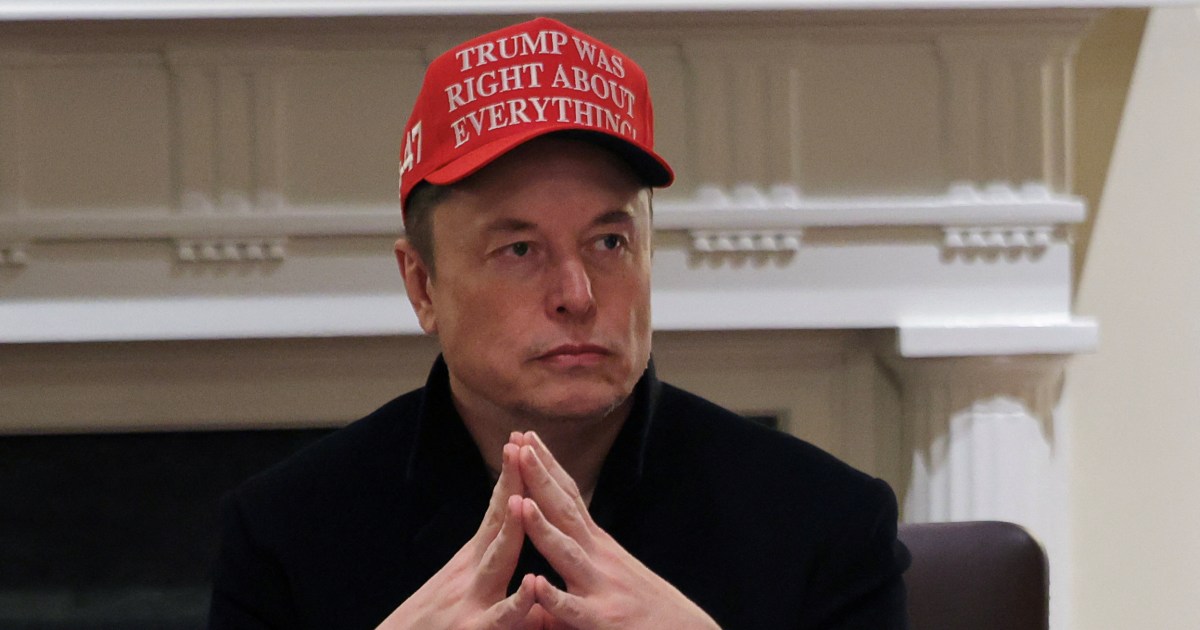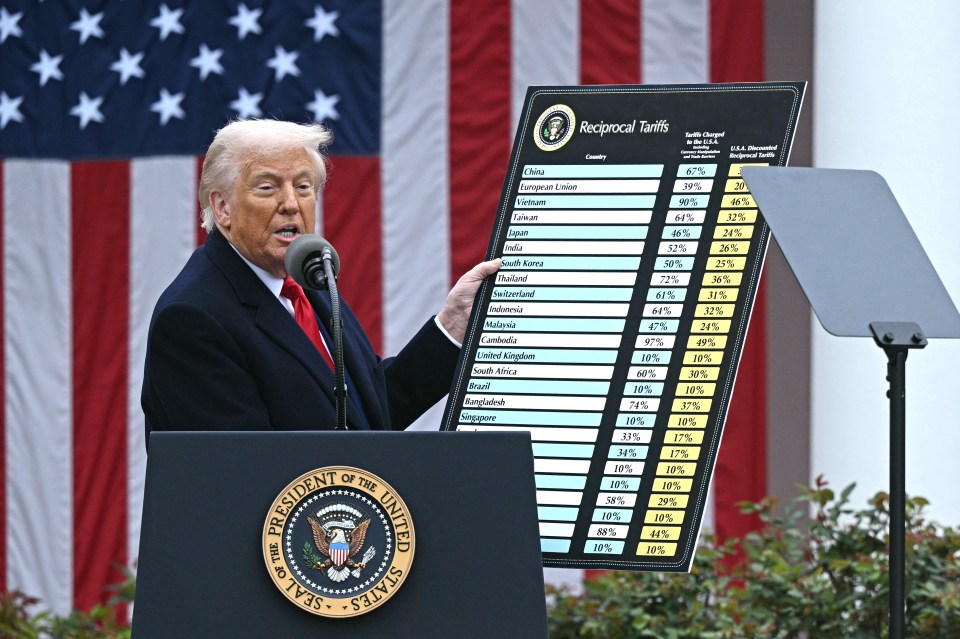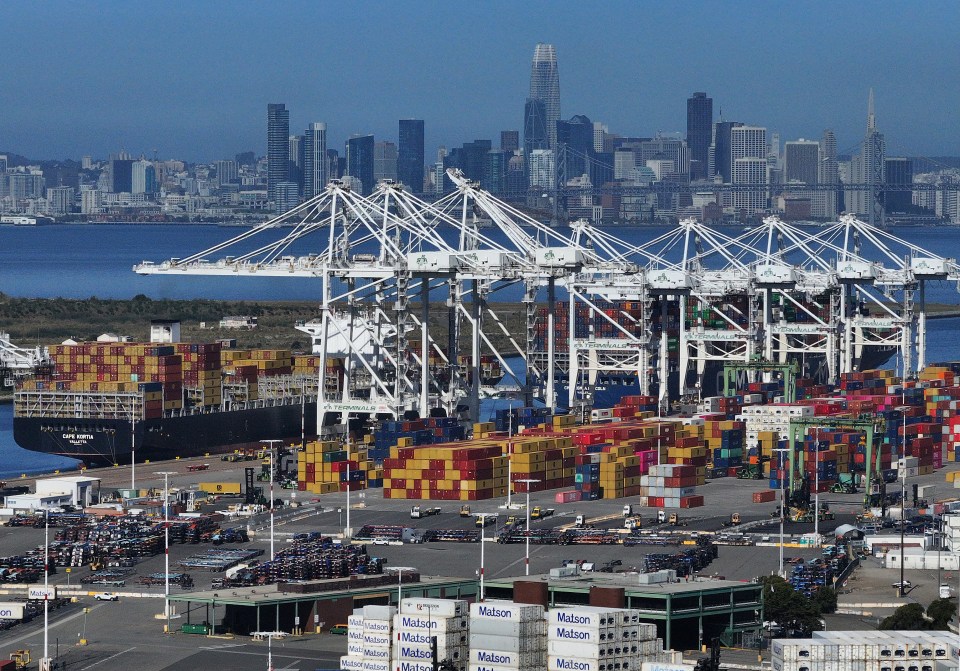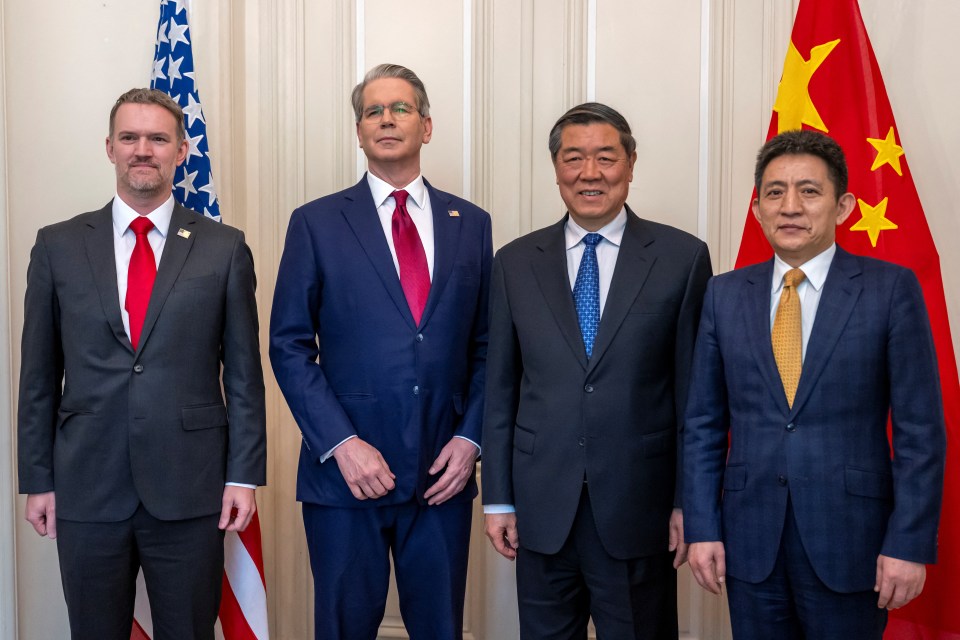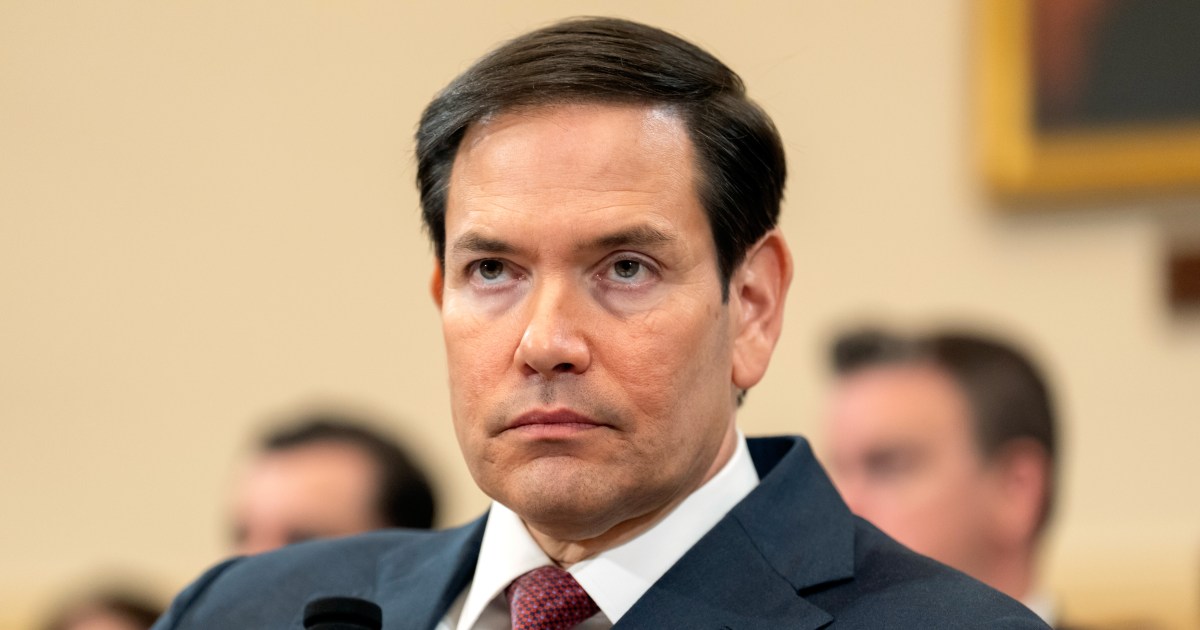Emirates airline president reveals staggering cost to transform Qatari ‘sky Palace’ into Trump’s new Air Force One jet
DONALD Trump’s luxury “sky Palace” gifted to him by Qatar will cost a few billion dollars, says the President of Emirates airline.
The US government now faces a “Herculean task” to transform the huge Boeing 747-8 into a new Air Force One fit for a president, warns Sir Tim Clark.
President Trump, 78, sparked concerns earlier this month with his willingness to accept the plush flying mansion from the Qatari royal family.
The giant gift, worth an estimated $400m (£300m), has raised several ethical questions about if the US leader should be allowed to accept such expensive goods from other states.
But despite the controversy, Trump gladly took the 13-year-old mega jet back to Washington with him.
He now plans to make it part of his Air Force One fleet alongside two other Boeing 747-200 jumbo jets.
read more in Donald Trump
They have been operational since 1990 but are now said to be not up to scratch compared to modern planes such as Qatar‘s 747-8.
In order for it to become a fully fledged member of the president’s aviation arsenal however, it will need to go through some serious work.
It would have to be kitted out with top-tier communications and security tech before ever ferrying around Trump.
And significant retrofitting and clearance from security officials would be required.
Sir Tim, president of Emirates, told Piers Morgan Uncensored that President Trump’s flashy plans may cost a “couple of billion dollars”.
He explained to Piers: “I think you’re talking a couple of billion dollars to start with.
“Just roll back a little bit and look at what it takes for us to convert our 777s – from the old to the new – because we haven’t got the Boeing’s coming in at the pace we want them so we’re having to reconfigure all of them.”
The top aviation boss said trying to fix up all the jets as an airline has been an extremely tough task.
Tim admitted to “pulling his hair out” over the regulators and the tiny tweaks that have to be made to modernise a plane of that size and stature.
And he believes the US government will face an even trickier – and much more expensive – battle to get the gifted plane ready for presidential trips.
He said: “It’s a Herculean task, make no mistake about it.
“Whether President Trump will adapt fully, this present from Qatar, to an Air Force One I doubt it, but he’ll certainly get a lot of it done.”
Aviation specialist Jeff Wise also told The Sun that he expects the Air Force One replacement to take years and need billions of dollars pumped into the project to make the jet viable.
Trump’s Air Force One jets currently in use come with dozens of specialised security features.
These include armoured glass and plating, on board flares to confuse enemy missiles, mirror-ball defences and even an electric jamming system.
Another unique yet needed element is an electromagnetic shield for nuclear explosions.
This has to be on a presidential plane as the leader of Washington can actually launch a nuke from the aircraft.
But the new Qatari jet lacks most of these security features.
Instead, the lavish aeroplane boasts a luxurious interior, featuring spacious suites and rooms with ornate interior decoration.
It also has glittering gold-coloured furnishings and hallways that echo Trump’s well-know interior design preferences.
The president is believed to have spent an hour inspecting the plan when when it was parked at West Palm Beach International Airport back in February.
The luxury Boeing was once even listed for a whopping $400 million, according to the Business Jet Traveler.
During his first stint in office, Trump had ordered two new Air Force One jumbo jets from Boeing to replace the pair that have been in service since George H. W. Bush’s presidency.
But the Boeing contract has faced delays, and reports suggest the new plans would not be ready until after Trump leaves the Oval Office.
Fears Trump’s new Air Force One replacement is vulnerable to devastating HACKS – or worse
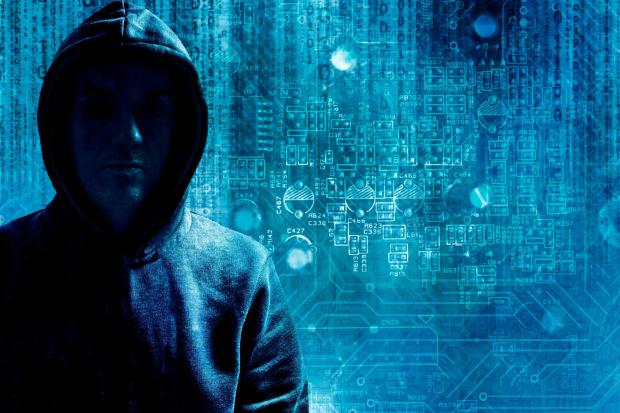
By Chief Foreign Reporter, Katie Davis
A LAVISH jumbo jet Donald Trump plans to receive from Qatar will be vulnerable to hacking, an expert has warned.
The Boeing 747 – dubbed a “palace in the sky” – could even be blasted out the sky, aviation specialist Jeff Wise believes.
He fears Trump may bypass necessary measures to save time and money – which could therefore invite hacking or a devastating assassination attempt.
Wise told The Sun: “This Air Force One would be a major intelligence target for any adversary nation or even our allies, because allies love to spy on each other.
“The United States is being given this albatross that they are going to have to spend billions of dollars on to fix up for the personal use of Trump.
“If your job is to protect the President of the United States or if your job is to protect the secrets of the United States, then this is a massive headache for you.
“This is a plane that does not have secure communications and the anti-missiles defence systems that a normal Air Force One has. It’s just wide open.
“This is an administration that is completely irresponsible in the way they use their personal devices. They’re using these off-brand apps to communicate. It’s just a hacker’s dream.”
Wise continued: “I would say an increasing number of people would like to target Air Force One.
“America’s list of enemies is growing longer and longer as we become an increasingly horrible nation, from the Houthis to the Iranians to the Russians.”
